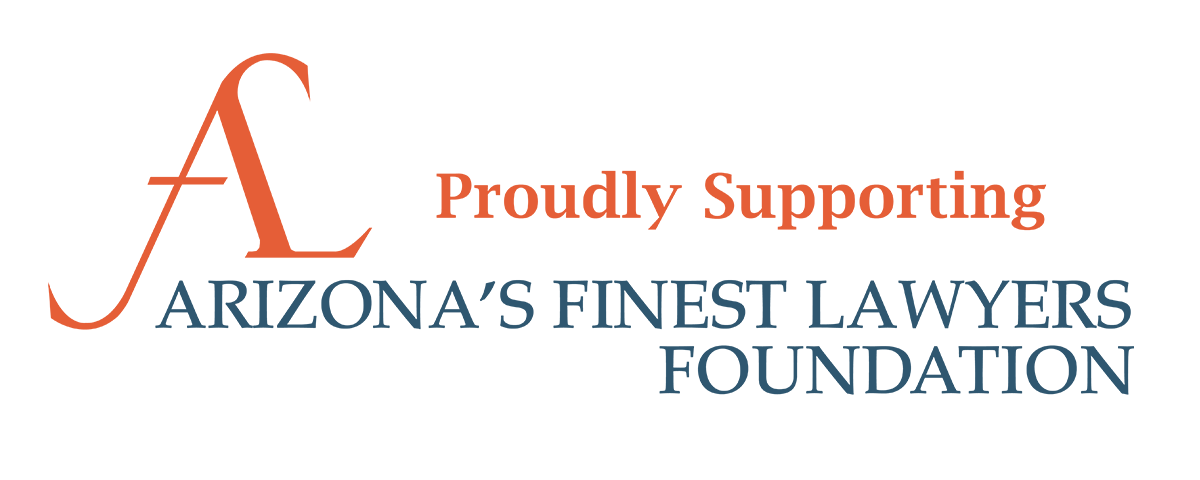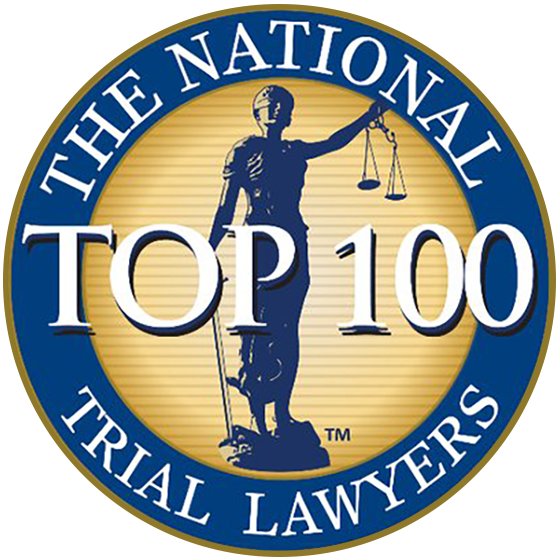
A properly executed estate plan consists of several documents that every individual should have regardless of age. There are many common misconceptions about what the different types of estate plans are and how they work. For example, some people think everything is automatically given to a spouse or that the spouse is automatically the decisionmaker for medical or financial choices, so they do not need to do any estate planning. This is not always the case and fails to consider many “what if” scenarios such as what if both you and your spouse are in the same car accident resulting in you both being incapacitated or dying? Without a properly executed estate plan, a lengthy court process could be required to make these decisions. As part of your PLEA membership benefits, we can assist you in setting up your estate plan for a reduced fee.
You have probably heard of wills and trusts as estate planning tools, but you may be wondering what those documents are and how they are different. A will transfers your property outright to the individuals named as beneficiaries via probate. Probate is the process of wrapping up a decedent’s affairs in probate court. Many estate planning clients are surprised to learn that a will is still required to be probated. It is common for people to try to avoid the probate process for two main reasons: delay and privacy concerns. There are certain situations where a hearing before a judge might be required such as the original will is lost, a disgruntled beneficiary is challenging the validity of the will, or there is an issue with a creditor claim. This can add several months onto the administration of your estate during which time your beneficiaries would not receive their inheritance, and can be very expensive thereby reducing the amount of their inheritance. Even without these complications, the soonest a probate estate can be closed is four months after it was opened and creditors have been notified. This means your beneficiaries will not receive their funds until at least four months have passed. An additional consideration is that a will is a public document. Any individual can access the court website to view your will, find out who your beneficiaries are, and how you are leaving your assets to them. Scammers could use this information to trick beneficiaries by claiming to have a debt that is required to be paid. With this in mind, having a will is still better than nothing at all especially if you have minor children, stepchildren, or family members that you do not wish to inherit.
A revocable living trust is another type of estate planning tool that allows you to decide who gets your property, when they get the property, and how the property is to be managed. The trust is called “revocable” because you can make changes to the trust during your lifetime. A trust is the best method to avoid the probate process. If all of your assets, i.e. house, checking accounts, savings accounts etc., are transferred into the trust during your lifetime there is no need to go through the probate process. Even though the assets are named in the trust, this does not impact the day-to-day management of your assets. This allows for the private administration of your assets upon your death without any court oversight. It also results in little to no delay of your beneficiaries receiving the property. The trust will have built-in incapacity planning to allow for smooth transitions during your lifetime.
Another benefit of a trust is that it allows for flexibility in deciding how you want your property to be distributed. A will only permits an outright distribution, so a beneficiary could inherit thousands or hundreds of thousands of dollars directly and be able to do whatever they wanted with the money. For those with younger beneficiaries or beneficiaries that are not financially savvy, this could set them up for failure. With a trust, you could provide for staggered distributions. For example, a beneficiary could receive one-third at 25, one-third at 30, and one-third at 40. A beneficiary will have time to grow into their inheritance and it reduces the risk that they will make poor financial decisions with the funds.
To further protect a beneficiary’s inheritance, another option is to leave the assets in a continuing trust. This is where the asset protection benefits of a trust come into play. By leaving the assets in a continuing trust, it protects the property from certain creditor claims while still giving the beneficiary generous access to their inheritance. If you have a beneficiary that works in a field commonly subject to lawsuits such as doctor or accountant, or if you have a beneficiary that has gotten themselves into significant debt, a continuing trust could help prevent creditors from reaching these assets. A continuing trust is also a useful tool for beneficiaries that are disabled or have other special needs. A special needs trust can be established that will allow the beneficiary to continue to qualify for government benefits that they may otherwise be disqualified from if the assets are given to them outright.
Estate planning has many moving pieces that may seem overwhelming at times, but we are here to help. Having your estate planning completed will save your loved ones’ time, stress, and money when the unexpected occurs. We can assist you in having everything in order to prepare for what may come.




